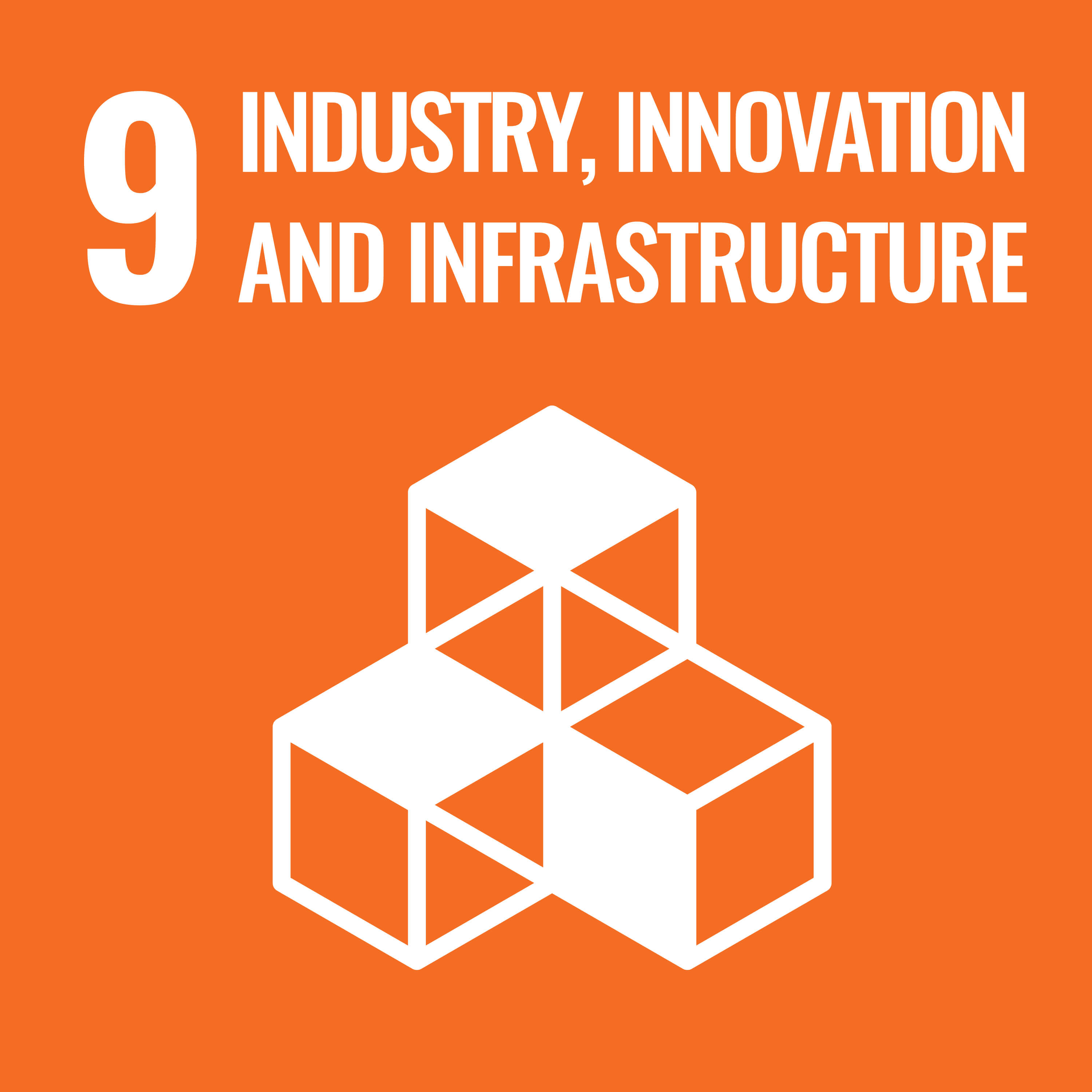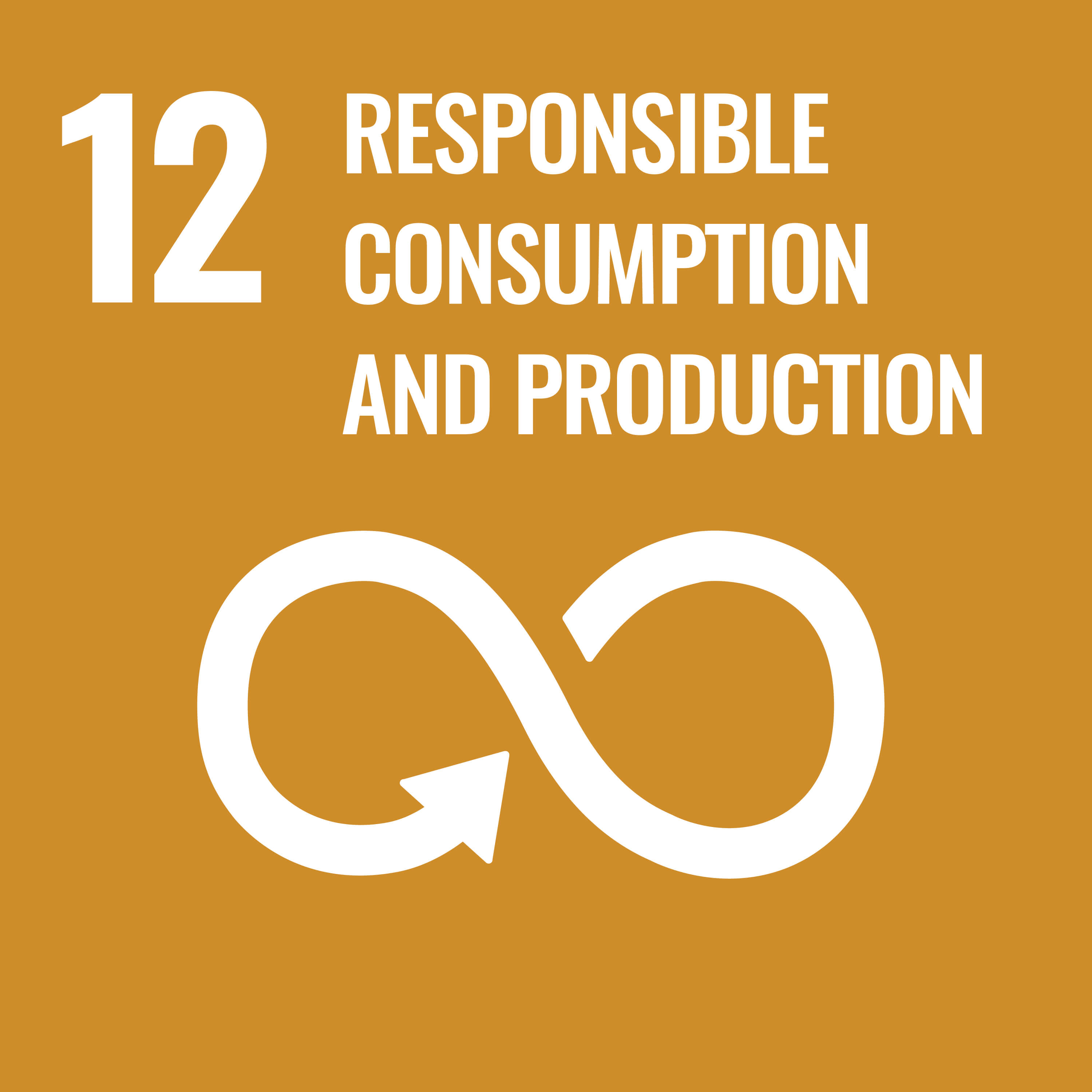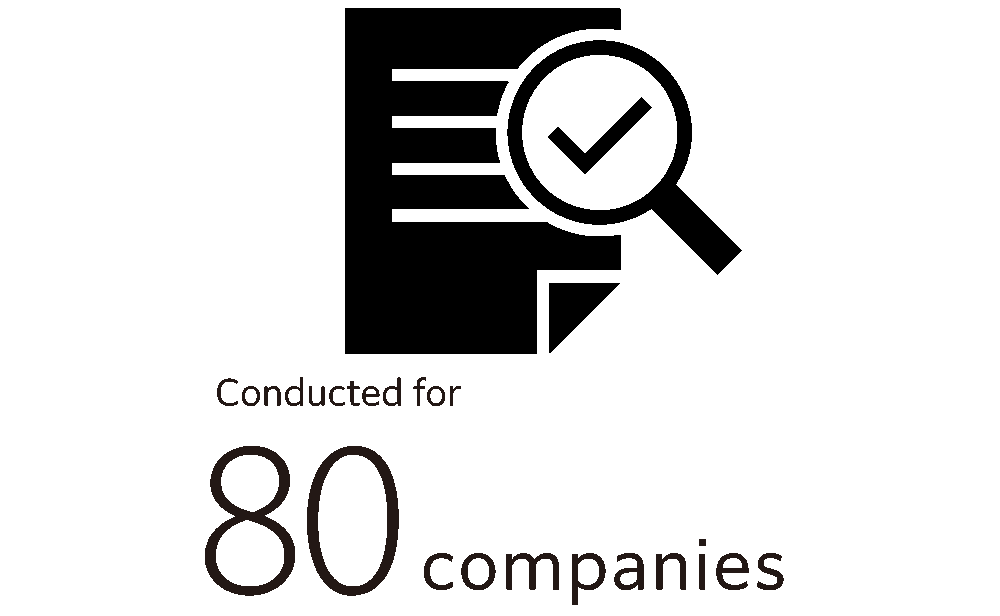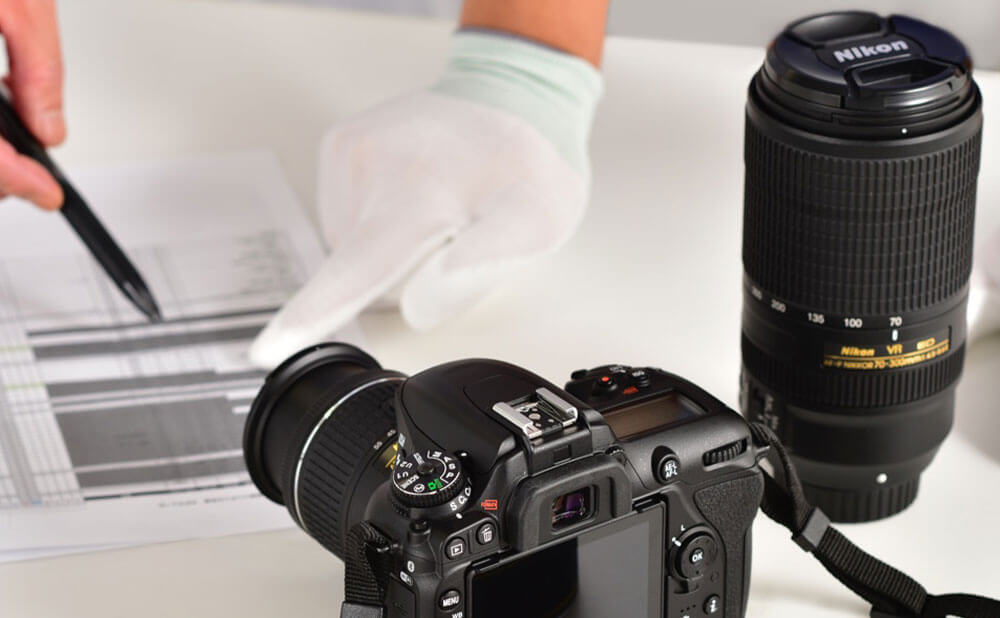 Business Activity
Business Activity
At the Nikon Group, in accordance with our Corporate Philosophy of Trustworthiness and Creativity, we create new value through our business activities that leads to the sustainable development of society.

Materiality
1. Creating Social Value Through Core Technologies

- Vision
- A Key Technology Solutions Company in a Global Society where Humans and Machines Co-Create Seamlessly
- Strategy
- Expansion of growth drivers, services and components
- Indicators: Targets
(Target Fiscal Year) -
- Growth drivers as a percentage of consolidated operating profit: 40% or more (FY2030)
- Services and components as a percentage of consolidated operating profit: 50% or more (FY2030)
2. Ensuring trustworthiness by maintaining and increasing quality

- Vision
- Providing competitive products and services with safe, environmentally friendly and information security
- Strategy
- Advancement and establishment of quality management
- Indicators: Targets
(Target Fiscal Year) -
- Degree of achievement of the plan to review the quality management system in response to changes in the business environment: 100% (every fiscal year)
- Quality management system operation status monitoring/Percentage of improvement plans in place: 100% (every fiscal year)
- Comprehension of basic training on quality (division, business units, Group manufacturing companies): 80% or more (FY2025)
Pick Up
Helping Address Declining Birthrates with
Fertility Treatment Products

Declining birthrates have become a serious social issue in countries such as Japan and across Europe and North America. As demand for fertility treatment continues to rise*, embryologists supporting assisted reproductive technologies (including in vitro fertilization (IVF), intracytoplasmic sperm injection (ICSI), and clinical embryology) face an increasing workload. Against this societal backdrop, Nikon Solutions Co., Ltd., a subsidiary of Nikon, released the ECLIPSE Ti2-I, a microscope designed specifically for ICSI, in July 2024.
ICSI involves injecting a single sperm directly into an egg under a microscope, requiring highly accurate work within a limited time. The ECLIPSE Ti2-I enables users to switch microscope settings and observation modes for each process with a single touch of a button while maintaining focus through the eyepiece, reducing approximately 75% of the steps required for microscope operation compared to ordinary models (based on Nikon research). In addition, the display features intuitive icons and an alert function to prevent operational errors. Further, the microscope leverages Nikon optical technologies to provide full-color, omnidirectional visualization of the oocyte spindle, which is difficult to see even under a microscope. This feature helps embryologists accurately determine the angle to insert the needle when injecting the sperm.
- *In Japan, births resulting from fertility treatments account for 8.6% of all births. This figure was calculated using the number of births in 2021, which is based on the ART Data Book (Japan Society of Obstetrics and Gynecology) and Total Fertility Rate (Japan Ministry of Health, Labor and Welfare). In Europe, infertility treatment increased by a factor of about 1.8 between 2011 and 2019. This is based on calculations taken from ART in Europe, 2019 : results generated from European registries by ESHRE (Human Reproduction, 2023, 38(12), 2321-2338). In the U.S., infertility treatment increased by a factor of about 2.3 between 2012 and 2021. (Calculated based on the CDC 2021 Assisted Reproductive Technology (ART) Fertility Clinic and National Summary Report).
Digital Lithography Systems Contributing to Next-Generation
Semiconductor Manufacturing and a Sustainable Future

With the miniaturization of circuit patterns in monolithic ICs approaching its practical limits, chiplet technology is gaining attention as a new semiconductor manufacturing technology. Large chiplets are particularly critical for data center semiconductors, which must house multiple chips. This trend increases demand for interconnect exposure systems that enable precise wiring between chips, requiring both finer resolution and larger exposure areas.
Our high-resolution semiconductor lithography system technology, developed over many years, enables miniaturization. We are also developing digital lithography systems tailored to advanced interconnect formation. We also address the challenge of expanding exposure area by applying multi-lens technology from FPD lithography systems, which efficiently scan wide exposure fields using an array of lenses. Our systems provide an indispensable technological foundation for next-generation semiconductor manufacturing by balancing miniaturization with productivity.
Major Activities in Fiscal Year 2024
Investment Support through Open Innovation

Procurement Partner Quality Management System Assessments

Customer Satisfaction

- *Customer satisfaction with call center responses in the Americas, Europe, and China for the Imaging Products business


